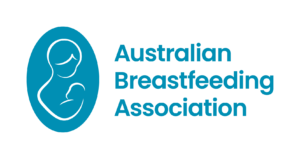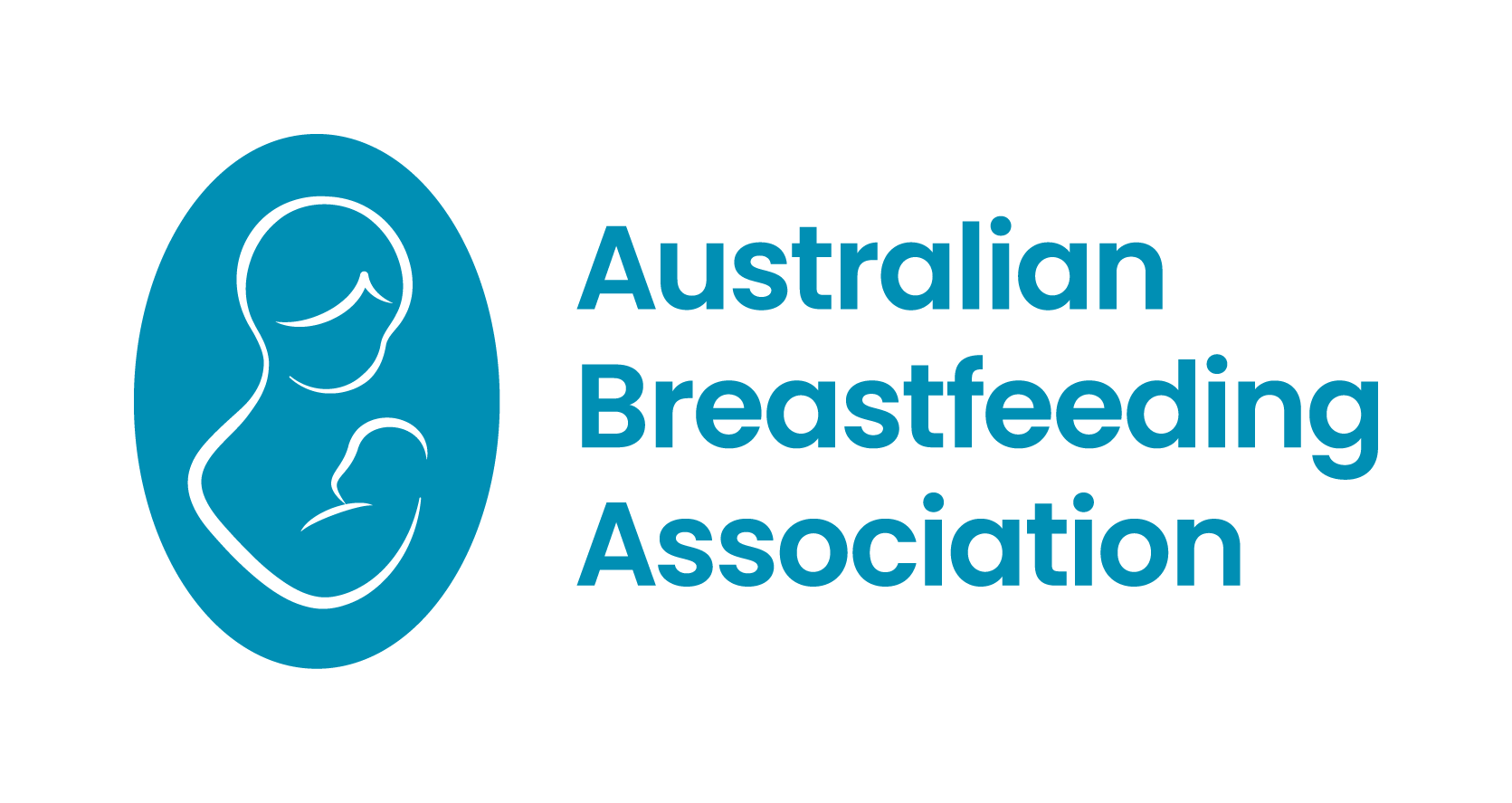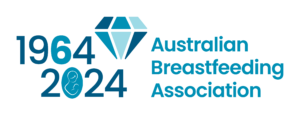Breastfeeding Resources for Health Professionals
Documents & promotional materials
Videos
Breastfeeding Basics
Breastfeeding: Getting started (0:06)
Chapter 1: Starting out (0:32)
Chapter 2: Getting closer (1:55)
Chapter 3: What to expect (3:55)
Chapter 4: Feeding cues (5:04)
Chapter 5: Making feeding comfortable for you and baby (6:03)
Baby-led attachment (6:52)
Mother-led attachment (7:39)
Chapter 6: How do I know if baby is getting enough? (10:58)
Hand expressing (12:02)
Reverse pressure softening (12:13)
Chapter 7: Help and encouragement (12:30)
Articles
The meaning of peer support caring as experienced by breastfeeding peer support mothers in Sweden
Palmér, L., Nord, T., & Flisbäck, M. (2025). Existential and [...]
Professional Express Monthly News December 2025
Hello everyone, It’s our last edition of Professional express [...]
Views of Australian midwives about breastfeeding support in postnatal care
Mora Garces, C. A., McNeill, L., Cooper, M., & Briley, [...]
Early experiences of breastfeeding in hospital: a qualitative study
Nieto, C., Lopez-Mases, P., Vila-Candel, R., & Lazaro, E. (2025). [...]
The meaning of peer support caring as experienced by breastfeeding peer support mothers in Sweden
Palmér, L., Nord, T., & Flisbäck, M. (2025). Existential and [...]
Does breastfeeding affect growth patterns in small-for-gestational-age neonates?
Atzemoglou, N., Tzavellas, N. P., Dermitzaki, N., Baltogianni, M., Balomenou, [...]









